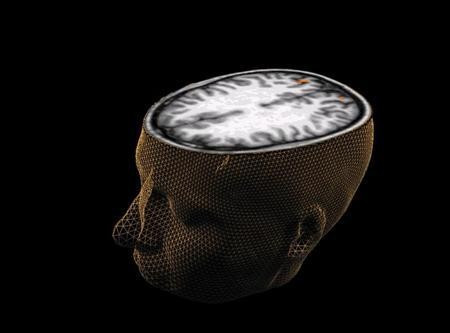Golden Memories Can Be Recalled By Triggering Brain Cells

Our fond or fearful memories - that first kiss or a bump in the night - can be recalled or remembered by just triggering specific brain cells, according to a new report.
Massachusetts Institute of Technology (MIT) researchers have discovered that good or bad memories can be recollected by triggering certain brain cells in the hippocampus region of the brain. They found that by simply activating a tiny fraction of brain cells entire memory can be recalled or recollected.
Researchers used optogenetics to show that memories really do reside in very specific brain cells, and that simply activating a tiny fraction of brain cells can recall an entire memory.
Researchers, who conducted an experiment on mice, found that a specific set of brain cells in the hippocampus was active only when a mouse was learning about a new environment. They determined which genes were activated in those cells, and coupled them with the gene for channelrhodopsin-2 (ChR2), a light-activated protein used in optogenetics.
During the experiment, researchers put a group of mice in an experiment chamber. The mice received a slight shock in certain areas in the chamber. This shock generated fear in the minds of the mice and this had activated certain genes in cells.
After some days the researchers activated those cells with ChR2 and sent the same group of mice into another chamber. The mice recollected the whole previous experience and they started to move very slowly and carefully. This clearly shows that by just activating some cells we recollect all our old and precious memory.
In the 1990's, Wilder Penfield treated epilepsy patients by scooping out parts of the brain where seizures originated. To ensure that he destroyed only the problematic neurons, Penfield stimulated the brain with tiny jolts of electricity while patients, who were under local anesthesia, reported what they were experiencing. Remarkably, some vividly recalled entire complex events when Penfield stimulated just a few neurons in the hippocampus, a region now considered essential to the formation and recall of episodic memories.
"We demonstrate that behaviour based on high-level cognition, such as the expression of a specific memory, can be generated in a mammal by highly specific physical activation of a specific small subpopulation of brain cells, in this case by light," says Susumu Tonegawa, professor of biology and neuroscience at MIT. "This is the rigorously designed 21<sup>st century test of Canadian neurosurgeon Wilder Penfield's early-1900s accidental observation suggesting that mind is based on matter."
"Our results show that memories really do reside in very specific brain cells and simply by reactivating these cells by physical means, such as light, an entire memory can be recalled," said Xu Liu, a postdoc in Tonegawa's lab.
The method may also have applications in the study of neurodegenerative and neuropsychiatric disorders.
© Copyright IBTimes 2025. All rights reserved.




















